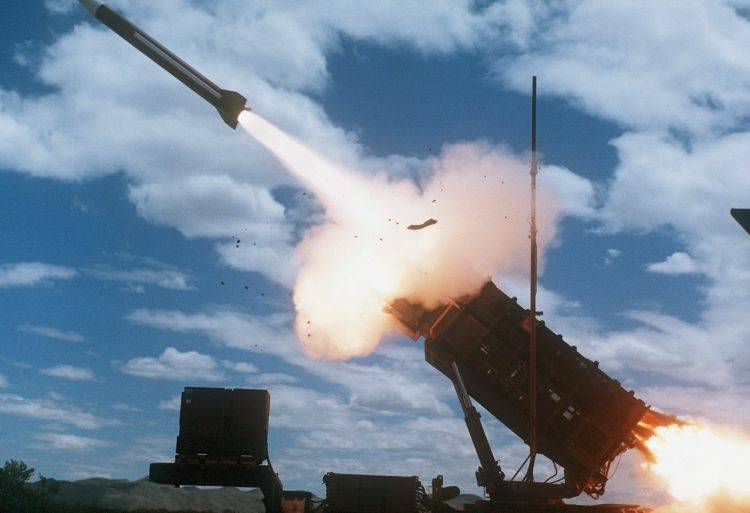As tensions continue to escalate in Eastern Europe, Poland has signaled its willingness to host NATO nuclear weapons, a move that has drawn sharp warnings from Russia about potential military targets. The situation intensified following Polish President Andrzej Duda’s declaration of readiness to host these weapons, responding to Russia’s deployment of intercontinental ballistic missiles in Belarus. “Our patience is not limitless,” stated Russian Deputy Foreign Minister Sergei Ryabkov. “If Poland takes the path of further escalation – these verbal games with nuclear weapons – then it means there will be a further round of tension. This game is very dangerous, and its consequences may be unpredictable.”
In an interview, President Duda expressed Poland’s preparedness to enhance NATO’s eastern flank security in response to the mounting Russian threat. “If there were a decision by our allies to deploy nuclear weapons within the nuclear sharing also on our territory in order to strengthen the security of NATO’s eastern flank, we are ready,” Duda affirmed. This statement aligns with Poland’s strategic defense interests but has prompted caution among other Polish officials. Prime Minister Donald Tusk emphasized the need for careful preparation and absolute certainty before moving forward. “This idea is absolutely massive, I would say, and very serious, and I would need to know all the circumstances that have led the president to make this declaration,” Tusk commented.
Russian Deputy Foreign Minister Sergei Ryabkov announced today that if NATO nuclear weapons are deployed in Poland, it will become one of Russia’s primary targets. This latest statement further escalates the ongoing tensions between Moscow and Europe.
The Kremlin’s response to Poland’s potential hosting of NATO nuclear weapons was swift, with Kremlin press secretary Dmitry Peskov stating that Russia’s defense ministry would “analyze the situation… and take all the necessary retaliatory steps to guarantee our safety.” Furthermore, Belarus, a close ally of Russia, has increased its military readiness, moving troops closer to the Polish border in a display of force and signaling potential military escalation. Belarusian President Alexander Lukashenko warned of the grave consequences of such military exchanges, stating that it could lead to ‘apocalypse.’
The discourse surrounding the deployment of NATO nuclear weapons in Poland not only highlights the immediate tensions between NATO allies and Russia but also underscores the broader strategic challenges facing the region. With both sides preparing for possible confrontations, the international community remains vigilant. Polish Foreign Minister Radek Sikorski has called for an increase in NATO’s defense preparedness, asserting that a Russian attack on any Alliance member would result in a definitive defeat for Moscow. “It is not we – the West – who should be afraid of a clash with Putin, but the other way around,” Sikorski stated.
This article explores the heightened tensions between Poland and Russia over the potential deployment of NATO nuclear weapons in Poland, detailing the statements from various political leaders and the strategic military considerations involved. The ongoing situation reflects the complex geopolitical dynamics at play in Eastern Europe and the potential for further escalation.


















